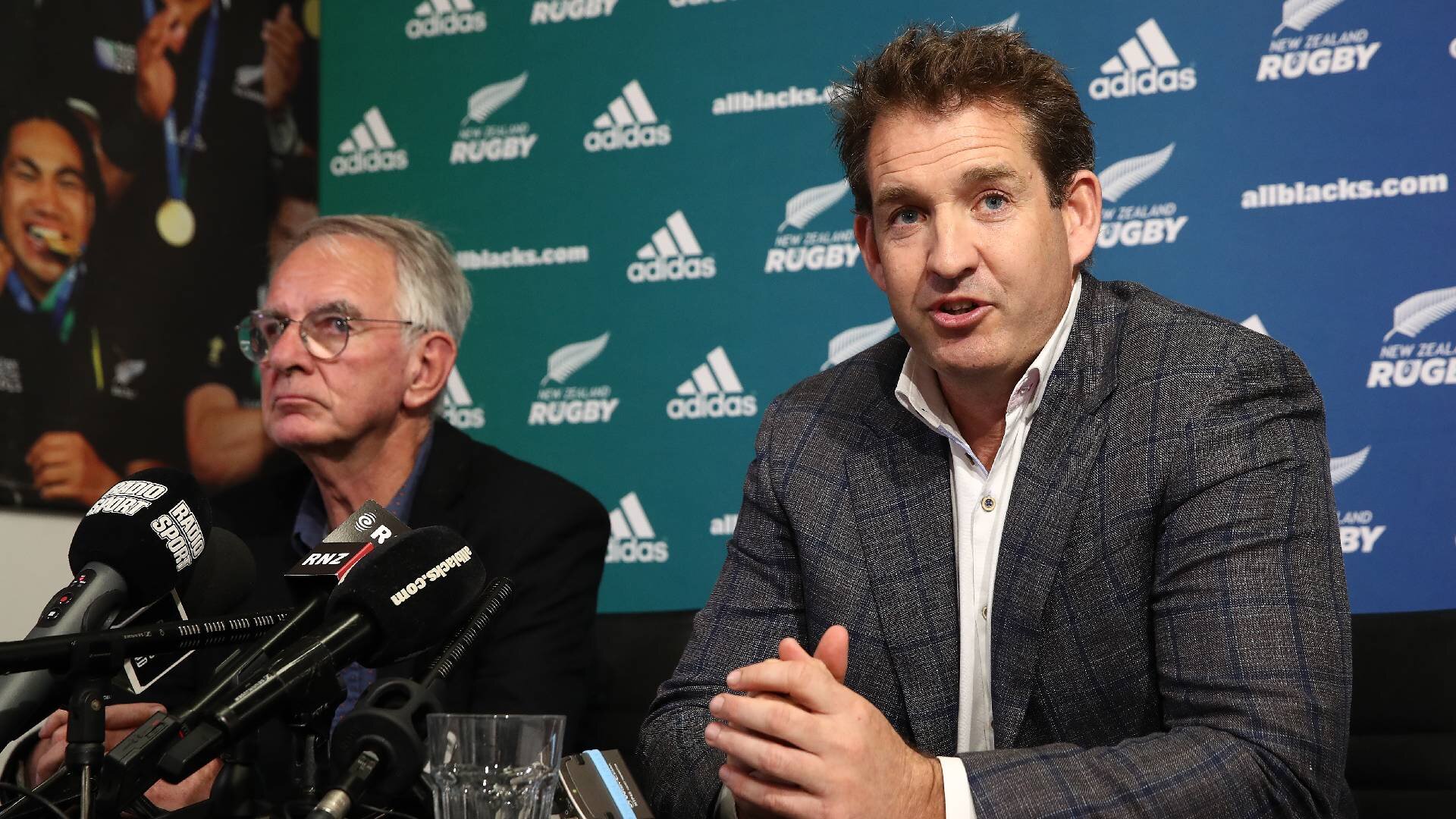Job losses and provincial changes not ruled out as NZ Rugby look to revive the game

By Christopher Reive, NZ Herald
New Zealand Rugby chief executive Mark Robinson has not ruled out the possibility of job losses as the organisation looks to grow and sustain the game.
NZR yesterday released some of the findings of an independent investigation into the state of the game. The review, carried out by consultancy group McKinsey, identified opportunities to grow revenue and remove inefficiencies — including a high performance pathway, expenditure optimisation, resourcing across rugby, domestic competitions and revenue growth opportunities.
Asked if there was any potential for job cuts as NZR looks to remove inefficiencies, Robinson said it was a possibility.
Continue reading below…
“The reality is, yeah, there could be a whole range of different options in that space. We just have to work through that,” he said.
“There are a lot of possibilities regarding people right across the ecosystem of rugby with stakeholders and they’ll be conversations we have for and with those people at the appropriate times.”
The Herald understands NZR is going to post a multi-million dollar loss for 2019 and is forecasting another for next year, hence its decision to engage McKinsey earlier this year to investigate ways in which the sport can be restructured.
“We work on a five-year cycle and we’re very aligned with the plan we’ve had over the past five years. In fact, we’re sitting slightly ahead of those long term projections so we’re very comfortable and we’ve communicated that well with our stakeholders,” Robinson said.
https://twitter.com/RugbyPass/status/1233135087983575040
“Yes, we’ve had financial losses but they are evened out by the overall cycle of those five-year patterns to be in a position where we’re exactly where or marginally ahead of where we thought we would be.”
It is believed NZR’s broader vision sees provincial unions in a new role where they will mostly drive participation and administer the club game at a local level, leaving Super Rugby sides with greater responsibility to manage talent identification and development of elite players.














































































